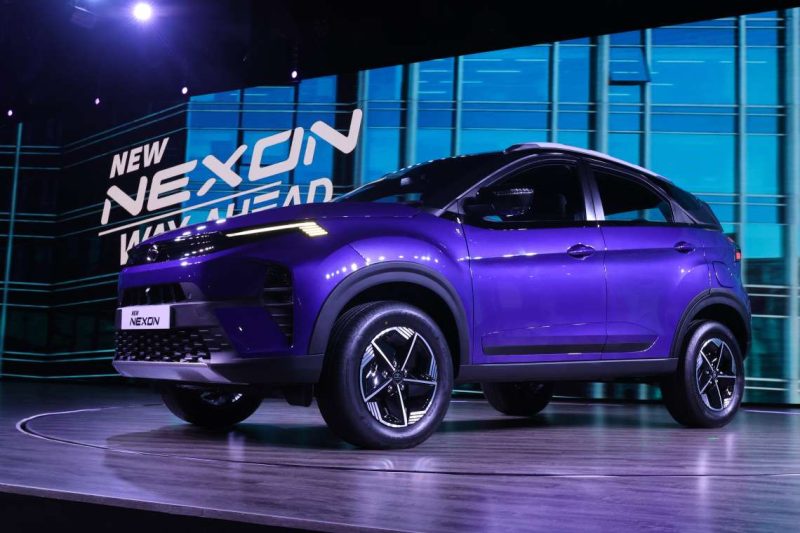To survive over the next few years, the CEOs will need to manage external risks and drive profitability…reports Asian Lite News
Over seven in 10 (78 per cent) of India CEOs feel that global economic growth will decline over the next 12 months, and the CEOs’ confidence in their own company’s growth prospects has also declined significantly from last year, a report showed on Monday.
This is the most pessimistic CEOs’ thinking in the last 12 years, and is a significant departure from the optimistic outlooks of 2021 and 2022.
In addition to a global challenging environment, 62 per cent of India CEOs believe that changing customer demand will impact profitability in their industry over the next 10 years to a large or very large extent, while 54 per cent are concerned about changes in regulations, according to PwC’s ‘Annual Global CEO Survey’.
“Despite signs of a global economic slowdown, continuing high inflation and the ripple effects of the conflict in Europe, there is optimism among India CEOs about the country’s economic growth,” said Sanjeev Krishan, Chairperson, PwC in India.
To survive over the next few years, the CEOs will need to manage external risks and drive profitability.
“In the long term, they will also need to reimagine, reinvent and reconfigure their businesses and work culture to thrive. Importantly, they need to act on both now, and simultaneously,” Krishan added.
Around 57 per cent of India CEOs believe the nation’s economic growth will improve over the next 12 months, the most cautious outlook in over a decade.
Inflation, macroeconomic volatility, geopolitical conflict and climate change rank as the top threats, as cyber and health risks fall from a year ago.
While cost cuts are high on the priority list globally, 85 per cent India CEOs do not plan to reduce headcount, and 96 per cent do not plan to reduce compensation — demonstrating their resolve to retain talent, the findings showed.
“If organisations are to remain viable in the near and long-term, they must also invest in their people and technological transformation agendas to empower their workforces,” said Krishan.
It is critical for the CEOs to extend their use of collaborative ecosystems beyond creating business value to generating societal value, he added.
ALSO READ-‘Sacking’ January









